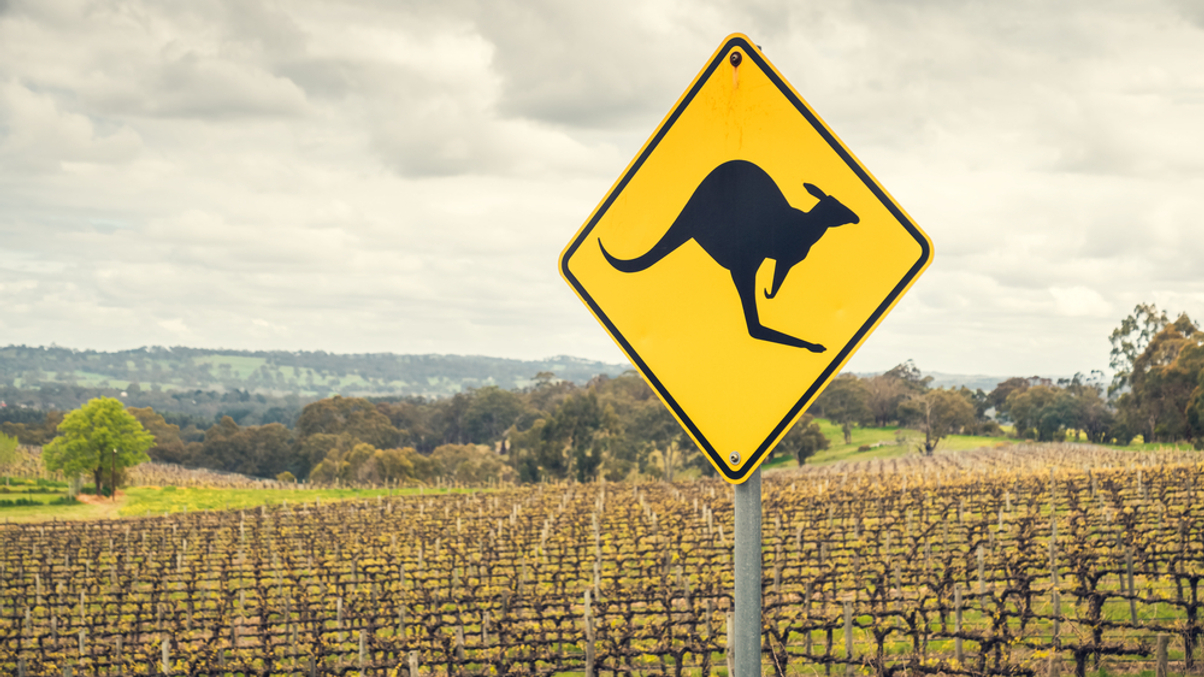Canada’s pension funds bet big on Australian agriculture
Over the last three years, Australia’s agriculture and farmland have been in high demand for institutional investors in Canada searching for diversification and sustainability.

Focused on sustainable investments and decarbonisation targets, Canadian pension funds have been increasingly attracted to the agriculture and farmland sectors in Australia.
Sign in to read on!
Registered users get 2 free articles in 30 days.
Subscribers have full unlimited access to AsianInvestor
Not signed up? New users get 2 free articles per month, plus a 7-day unlimited free trial.
¬ Haymarket Media Limited. All rights reserved.


